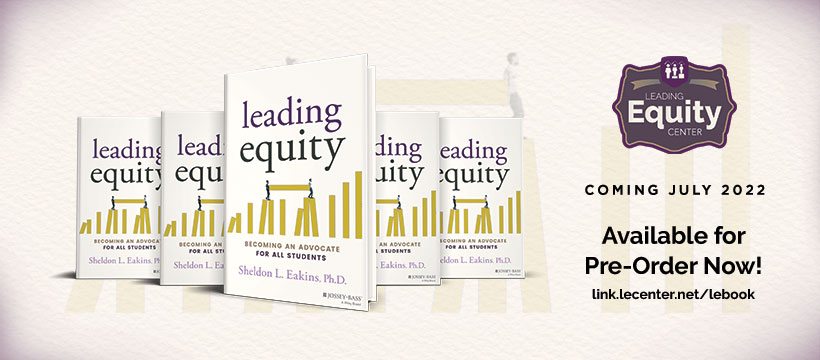How can we interrupt racism?

Greetings Advocates,
Yesterday, when the Vice-President of the United States, Kamala D. Harris, announced the Senate vote to confirm Justice Ketanji Brown Jackson as an Associate Justice of the U.S. Supreme Court, I was in tears.
Consider this, Vice-President Harris, the first Asian and Black Vice-President of the United States, announced the confirmation of the first Black woman Justice on the Supreme Court.
Despite the historic nature of the Senate vote, only three Republicans crossed party lines to vote for Judge Brown Jackson. Three. And if you heard any of the questions Judge Brown Jackson was asked during the hearings, you would have been astounded. Rather than focusing on her judicial philosophy and how she understands the law, she was asked non-related questions about books in the school library of her children's school. Ironically, the same books are in Sen. Rafel (Ted) Cruz of Texas library. Judge Brown Jackson was asked to define a woman.
Justice Ketanji Brown Jackson attended Harvard Law School. She has a long and solid resume, including time as a prosecutor, and was confirmed last year as a Federal judge. Before her confirmation hearings, there were rumbles about her scores.
Some of the questions she was asked had little to do with her qualifications and appeared to relate to her race and gender.
That brings me to my most recent YouTube Livestream conversation with Rebecca Atkins and Alicia Oglesby, authors of the book Interrupting Racism: Equity and Social Justice in School Counseling. Rebecca Atkins was an elementary school counselor and now works at the Central Office in her school district. Alicia Oglesby is a high school counselor.
Here are some highlights of our conversation.
Asked to define interrupting racism, Oglesby said it was "breaking apart, and interrogating the systems that work against black and brown kids." The goal, she said, is to create better schools and healthy communities. What does that look like? I asked Atkins. "We (counselors) see patterns in how we treat kids; the administrators may get bogged down in minutiae, we see the big picture." She added, "we can interrupt the patterns."
That was a clear definition. I wanted to know how interrupting racism relates to policy audits.
Oglesby responded with an example. She's currently working on schedules for next year. A student came to her asking about taking an Advanced STEM class. At Oglesby's school, students have to have a teacher's recommendation to take Advanced Placement classes. Curious, Oglesby pulled the data.
Atkins added that the policy makes sense very often, but in practice, the system is inequitable. What should we look for in the data, she asked.
Oglesby said while every school community would contextualize this differently, in her school community, the student population is 50% White; 25% Asian, and the remaining 25% is split evenly between Black and Latino students. About half the students are students of color.
Next, she looked at the composition of the Honors, STEM, and Advanced Placement classes, all of which required a teacher's recommendation.
There was not one student of color in any of the advanced classes. This raised red flags.
Atkins noted that one way to look at this is by listening to students and their parents. She said she was surprised to learn that the teacher's recommendation was the point of access for the advanced classes. Students may not feel welcome in that space or with that teacher. We need to encourage the teachers to do more, Atkins said.
Oglesby said while there is a waiver system, the scheduling has been done by the time that process is completed and the advanced classes are filled. Atkins noted that some schools had done away with the required teacher recommendation.
Former First Lady Michelle Obama was told that she'd never get into a school like Princeton, and she was setting her sights too high. The former First Lady of the United States graduated from Princeton University and from Harvard Law School.
Justice Ketanji Brown Jackson, who was just confirmed as an Associate Justice in the U.S. Supreme Court, was told by a high school counselor to set her sights lower than Harvard. How many other brilliant Black or Brown women have been told similar things?
Oglesby noted that it's essential for school counselors to affirm our students and work on our own bias and consider how we see students. Atkins suggested that elementary school counselors, especially those dealing with first-generation students whose parents may not have gone to college, need to discuss their college experience beyond saying you need to go to college to get a good job. She spoke to her students about living in a dorm, spending time with friends, being able to snack at all hours, the challenges of paying for school, and the different sports and activities available. First-generation students may not know these things, and they need exposure to what jobs are available and why jobs are important.
Oglesby described school counselors' role in policy audits by saying that they interrupt racism and empower students.
You can catch the full episode here.
I've enjoyed my weekly Thursday LiveStream conversations, so please join me on YouTube or Facebook.
Sheldon


